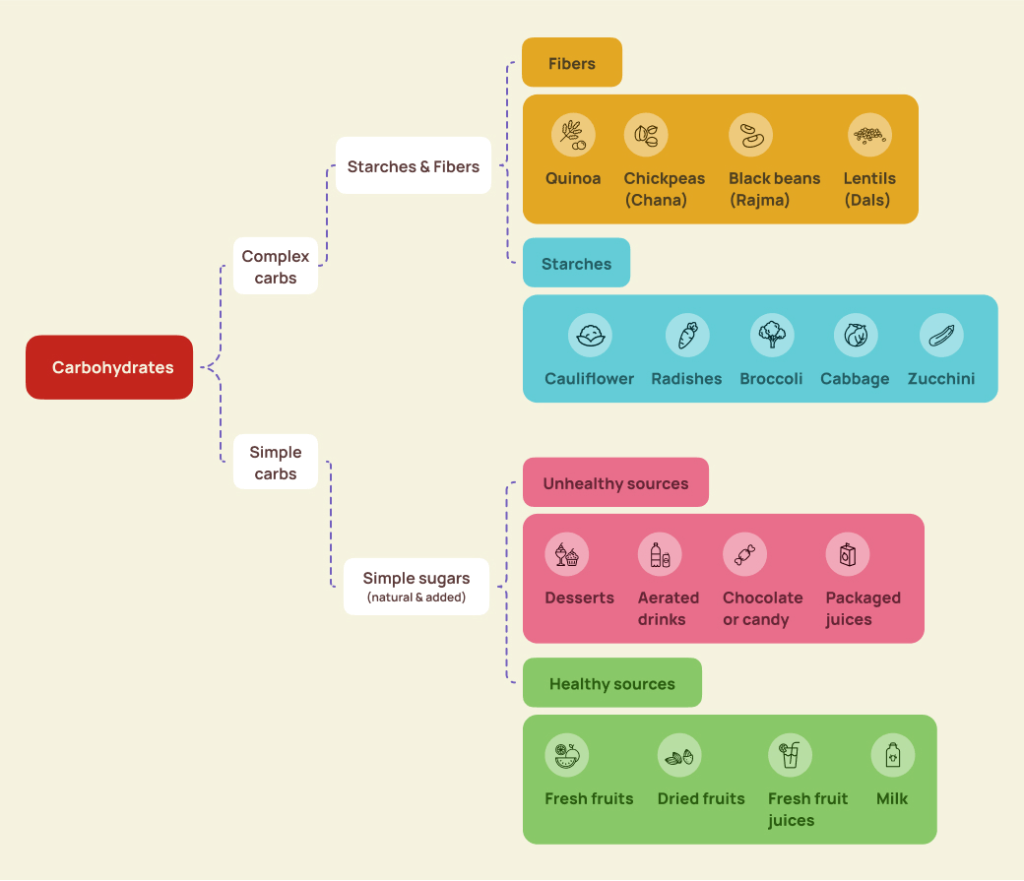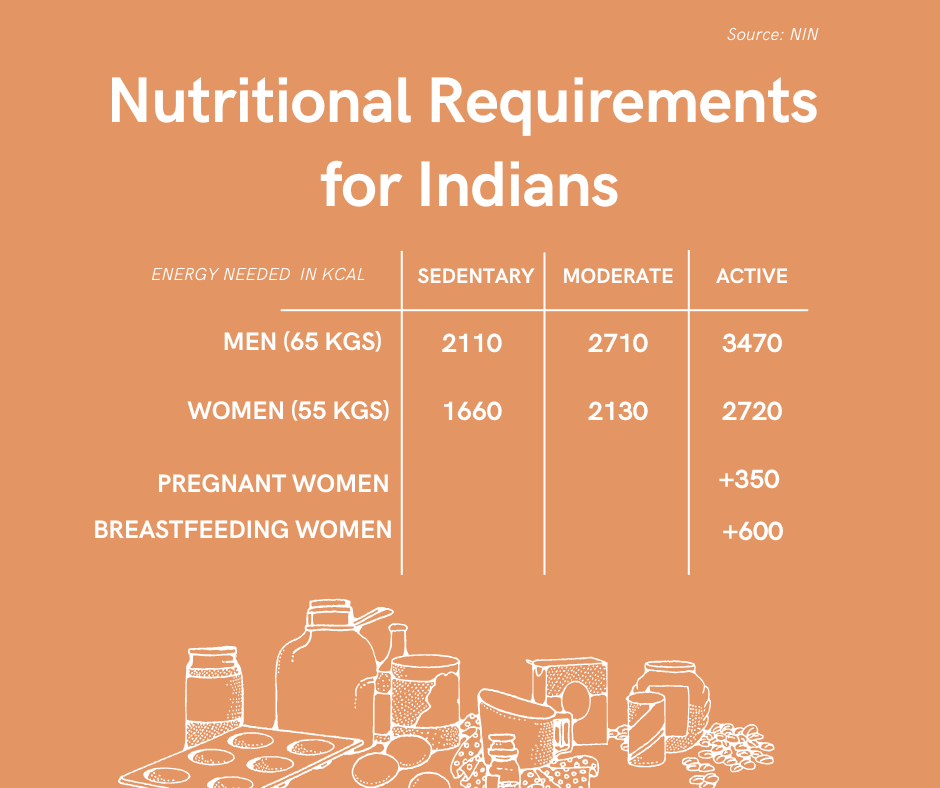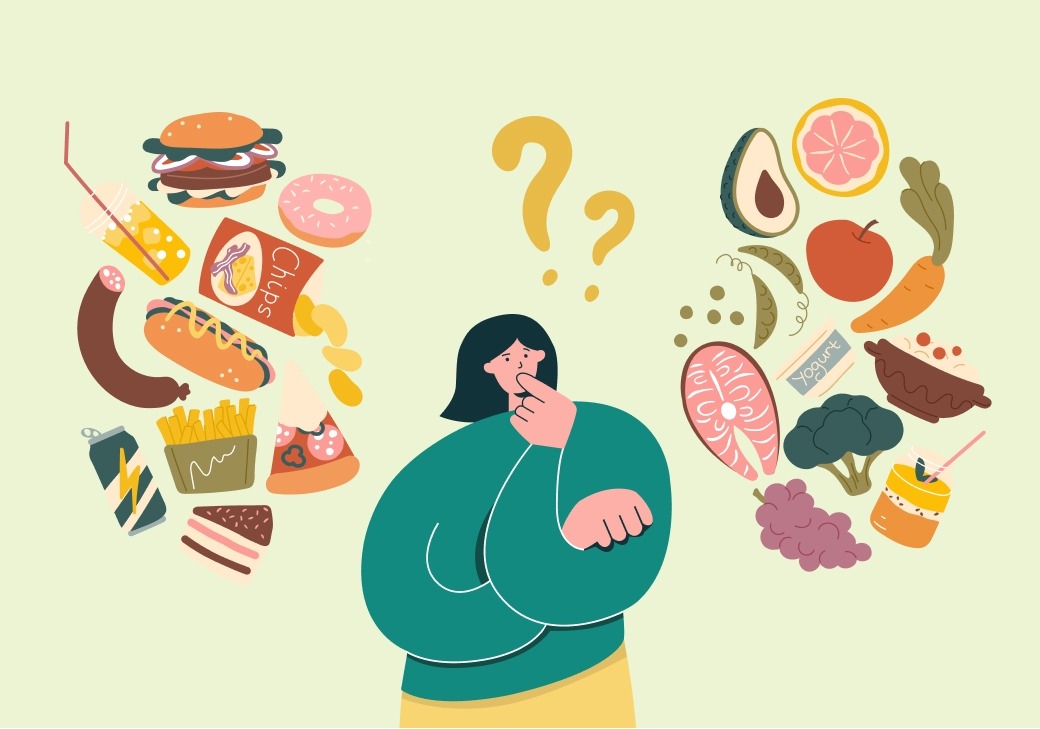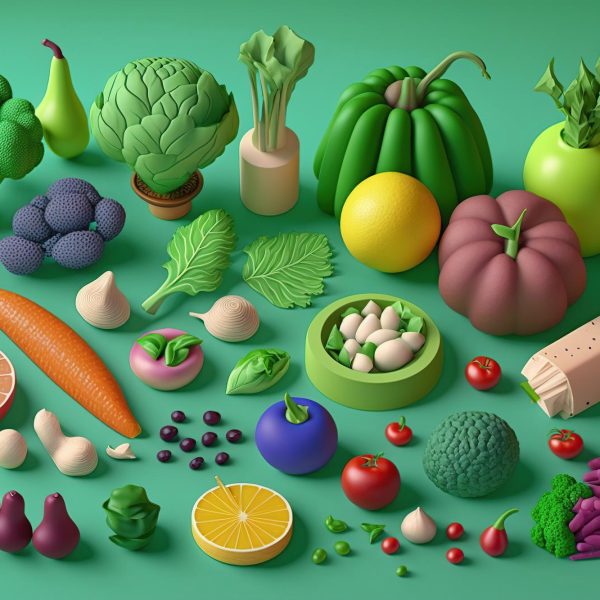Carbs, or carbohydrates, are often the subject of debate in the world of nutrition – ranging from being called ‘essential’ to your diet to being labeled as ‘harmful’. There’s so much information out there to sift through that it often becomes hard to know what to believe.
In this comprehensive guide, the first of our Foundations of Food series, we will unpack everything carbs, helping you understand their role in our overall well-being and debunk some of the common myths surrounding them. By the end of this guide, you’ll have a clearer understanding of what carbs are, and how to incorporate carbohydrates in your diet in a way that benefits your health.
What are carbs?
Carbohydrates are one of the three macronutrients (along with proteins and fats) that are essential for our body. Although you might think carbs are one homogenous food group, they are, in fact, categorized into three types.
Types of carbs
- Starch: Starches include carbohydrates found in grains, beans, starchy vegetables like potatoes and peas. These also include the things we tend to generally think of when we think of ‘carbs’ – like bread, pasta and rice.
- Sugar: These include naturally occurring sugars like in fruits or honey or added sugars like fructose, corn syrup or sugar added in baked goods
- Fiber: Fibers include plant-based foods, such as fruits, vegetables and whole-grain products, which cannot be broken down into sugar

How does your body process carbs?
The primary function of carbohydrates is to provide energy for our bodily functions. Your digestive system breaks down carbs into glucose, which enters the blood as blood sugar. As blood sugar levels in your body rises, the pancreas gland produces insulin, a hormone that helps cells store this sugar as energy. The brain needs a continuous supply of energy – and relies on glucose for it.
The dietary fiber found in many carb-rich foods also plays a crucial role in maintaining digestive health and regular bowel movements.
How are carbs stored in your body?
When the body receives more glucose in its diet than it needs – it stores some of it as glycogen in muscles and the liver as an energy reserve that can fuel up to half a day of your energy! Depending on the type of carbohydrate, the body also stores excess glucose into triglycerides, a form of fat cells.
Conversely, if your body is not getting enough glucose through the day, it breaks down protein in muscles to fuel your bodily functions – and that leads to a loss in muscle mass.

Simple v/s complex carbs – what’s the difference?
Not all carbs are created equal. You might have come across the terms ‘simple’ carbs and ‘complex’ carbs. Here’s what they mean:
Simple carbs: Simple carbs contain simple sugars – like glucose, fructose and lactose. These are very easy for the body to break down and digest quickly. Foods like milk, fruits, and processed foods are often high in simple carbs.
Complex carbs: Complex carbs are carbs that have more fiber and more nutrients, which the body takes longer to digest. Complex carbs include:
• Whole grains such as brown rice, oatmeal, millet like ragi, barley, and quinoa
• Beans and legumes like lentils (dal), kidney beans (rajma), and chickpeas (channa)
• Non-starchy vegetables such as radishes, carrots, cabbage, cauliflower, tomato, pumpkin, or spouts.
• Starchy vegetables, including sweet potatoes and corn.

Why does it matter to know the difference?
The distinction between complex and simple carbohydrates is crucial because of how it affects the insulin levels in your body. Simple carbs are very easy for the body to break down, due to their simpler chemical structure, leading to a quick rise in blood sugar and a corresponding spike in insulin secretion from the pancreas. This gives your body a boost of energy, but frequent spikes, typically caused by regular intake of simple carbs, can have negative health implications. Prolonged exposure to high insulin levels can lead to cells becoming less responsive to insulin, a condition known as insulin resistance. This can lead to you developing many chronic lifestyle diseases like type 2 diabetes and can also contribute to weight gain and cardiovascular disease.
Simple carbs are also most likely to be stored as fat in your body. While this is not inherently bad – your body needs deposits of fat to utilize when it needs glucose – over time, it may lead to weight gain and obesity.
Complex carbohydrates, on the other hand, are digested much more slowly due to their more complex chemical structure, leading to a more gradual rise in blood sugar and a more moderated insulin response. This steady approach helps in maintaining consistent energy levels through the day and prevents the frequent ups-and-downs associated with simple carb consumption. The fiber content in complex carbs also plays a role in moderating blood sugar levels and improving gut health.
What is Glycemic Index?
The glycemic index (GI) is an indicator of how much a particular food will raise blood sugar levels. Foods are rated from 0 to 100 and categorized as low, medium, or high glycemic foods.
Low glycemic index foods absorb less sugar into the bloodstream, which lowers the risk of developing diabetes and makes it easier to manage.
How are carbs and cravings related?
Eating a lot of simple carbohydrates – the kind you might find in processed foods, sugary sodas, pizza or pasta – not only gives your body’s insulin levels a spike, making you feel energized, but also activates hormones in your brain that are associated with pleasure – like dopamine. This makes your brain learn to associate that feeling of pleasure with the food you’re eating – leading to you reaching out for it the next time, and the next, creating a cycle of carb cravings. That’s why it’s often really hard for most of us to quit refined or simple carbs!

Choosing healthy carbs
The common misconception you might have come across is that carbs are associated with weight gain. But studies have shown, time and again, that weight gain is typically the result of an overall excess in calories, not just carbs.
The key is to distinguish between different types of carbs. While simple/refined carbs may contribute to weight issues, whole grains and fiber-rich carbs can be part of a healthy diet.
It’s also important to understand that ‘healthy’ and ‘unhealthy’ mean different things for different people. It entirely depends on your specific health goals or any existing health conditions that you live with. For example, someone struggling with gut health will benefit from eating complex carbs like potatoes, oats, and simple carbs like apples. On the other hand, if your goal is to lose weight or control blood sugar levels, you probably want to focus on high-fibre foods like lentils, millets or green veggies.
Having said that, here are a few ways you can make healthier choices when it comes to carbs:
Swap refined grains with carbs
Refined grains refer to things like refined flour or white rice, which have been stripped of all the fiber and nutrition in its production process. Whole grains – such as brown rice, quinoa, oats, and whole wheat – are grains that still contain their fibrous outer cover (called the bran) and the germ, their nutrient-rich core. Whole grains are not only nutritious but also help in maintaining steady blood sugar levels and provide a sustained energy source.
Incorporate more fiber in your diet
Fruits and vegetables are natural sources of fiber, a core type of carb, that is essential for your gut health, digestion and bowel movements. They also keep you feeling full for longer. Other good sources of fiber include dried beans and lentils.
A note about fruits, however, is that while they are a great source of micronutrients like vitamins, they also contain a lot of simple sugars in the form of fructose. So it’s best to eat high-fructose fruits, like watermelon, apples, grapes, bananas, in moderation and pick whole fruits over fruit juices, which drains them of their fiber content.
Understand food labels
Understanding food labels is important to avoid added sugars and refined grains in packaged foods.
- Avoid terms like ‘net carbs’ or ‘zero carbs’: These are often marketing tools that have no specific definition. Instead look at the total carbohydrates in the food and the Guidelines for Daily Allowance or Daily Value%. This percentage denotes how much of your daily requirement of a particular nutrient is fulfilled by that food.
- Avoid added sugars: Added sugars are those that have been added during the production process (not naturally occurring sugars) and can have a variety of names, including fructose, dextrose, corn syrup, etc.
- Check the amount of dietary fiber and pick foods with a higher content
- See if your food is ‘fortified’: Fortified or enriched foods often mean foods where vitamins and minerals lost during processing have been added back in. In India, fortified foods are usually denoted with a +F logo.
Finally, browse through Healthwatch and learn more! Educating yourself on the types of carbohydrates and their effects can lead to you understanding your body better and improving your health outcomes.
Common questions about Carbs, answered

Will I feel sleepy after eating carbs?
Only if you choose unhealthy sources of carbs like added sugars, refined grains, sweets, and sugar-sweetened beverages instead of nutrient-rich ones.
Why? Your body may overproduce insulin in response to a large meal that is high in unhealthy carbohydrates. When this happens, your blood sugar levels may drop below average, and you may feel worn out and sleepy, resulting in post-meal sluggishness.
Are all simple sugars bad for you?
No. Simple sugars are also naturally present in milk and fruits in the form of lactose or fructose. Other source of simple sugars include dried fruits like dates, raisins, and apricots and fresh, healthy fruits like apples, oranges, or bananas. They also contain fiber, which slows down digestion and helps gut health.
Are proteins more important than carbs?
The right balance of protein and carbohydrates in your diet can reduce your risk for chronic conditions. While a high-protein and low-carb diet may work for some, it might not be the healthiest choice for others since it has been associated with the risk of osteoporosis. Consuming excessive amounts of protein also strains the kidneys. People with kidney disease or diabetes need to be careful not to overload their kidneys by consuming too much protein daily.
Depriving yourself of carbohydrates can also impact your muscles and brain, which both require glucose (the energy obtained from digesting carbohydrates) to function correctly.
Rice v/s wheat: Which is better?
Although rice and roti have an equal amount of carbohydrates and calories, they are not nutritionally equivalent. Rotis are primarily made from whole wheat flour, which is rich in fiber. On the other hand, white rice has had its fiber-rich husk and bran removed, giving it a white appearance. Compared to rice, roti digests more slowly; as a result, it keeps you full for longer. Due to its high starch content, rice is easier to digest. But this also means you end up feeling hungry sooner after eating a meal with rice.
Compared to wheat, white rice has a higher glycemic index, which means it raises blood sugar more quickly. You will likely experience hunger pangs after a meal heavy in white rice unless you pair it with other healthy carbs or balance it out with proteins. When it comes to chronic conditions like PCOS or diabetes, where blood sugar levels and weight gain are a concern, rotis are advisable.
Brown rice v/s white rice: Which is better?
Brown rice is a whole grain, including the nutritious germ, the fibrous bran, and the carb-rich endosperm of the grain. In contrast, white rice is actually brown rice that has been polished and milled, removing the bran and germ layers. B vitamins and iron are reintroduced because nutrients are lost during this process. Brown rice also has more antioxidants, vitamins, & minerals than white rice. Due to its high fiber content, brown rice prevents hunger pangs. On the other hand, white rice contains less fiber, which makes it easier to digest.
Brown bread v/s white bread: Which is better?
If you’re trying to make a choice between brown and white bread, it’s important to remember that manufacturers occasionally add color to white bread to make it look brown. Check the ingredient list for the word ‘caramel’. This suggests that the bread has been colored.
The good news for brown bread fans? Authentic brown bread made from whole wheat has more fiber and nutrients than white bread. It also contains magnesium, folic acid, zinc, copper, manganese, and vitamin E, which help improve immunity, reduce inflammation, and improve skin health.
Lastly, brown bread has a lower glycemic index than white bread; as a result, it won’t lead to sugar spikes.
Want to help someone who is confused about carbs? Share this article with them.
Have other burning questions? Speak to our expert nutritionists.





















Share this article